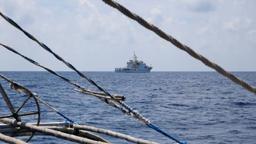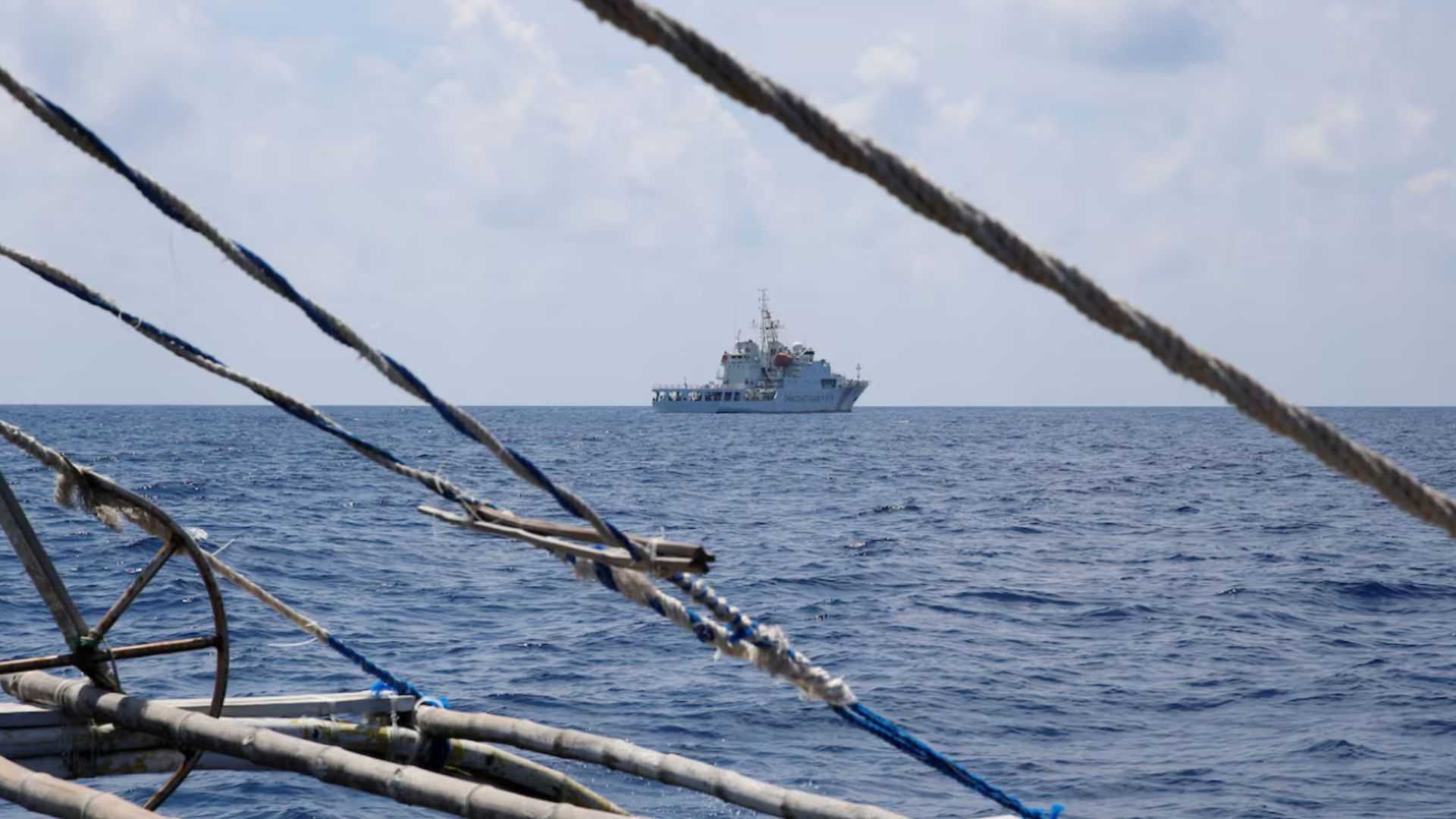

The Armed Forces of the Philippines (AFP) has lauded its achievements in safeguarding the West Philippine Sea (WPS) in 2024, highlighting successful operations to assert the country’s territorial rights. However, alongside these victories, the AFP has expressed concern over China's growing influence in the Philippines, which poses a significant challenge to national security and sovereignty.
China’s intrusion in the Philippines
Amid maritime tensions, the Philippine Navy exceeded its targets with over 300 maritime patrols, more than 100 air surveillance flights, and over 60 reprovisioning missions throughout the year.
However, AFP Chief of Staff Gen. Romeo Brawner Jr. warned that China's influence has extended beyond the WPS into various sectors in the Philippines, including education, business, politics, and even the media. This prompted the launch of the Bantay Kalayaan Defense Strategy, presented to President Ferdinand "Bongbong" Marcos Jr. The strategy highlights concerns such as the proliferation of illegal POGOs and alleged espionage by certain individuals.
Department of National Defense (DND) Secretary Gilbert Teodoro did not mince words, directly naming China as a major destabilizing force in the region.
"China—although without saying it, and I'll say it for you—is the biggest disruptor of international peace in the ASEAN region," Teodoro asserted.
To assert its sovereignty, the Philippines has sought support from ASEAN, which has yielded modest results, according to reports from the Commander-in-Chief.
Despite diplomatic efforts and alliances, China's actions have become increasingly aggressive and violent.
June 17 incident in Ayungin Shoal
On June 17, a Filipino soldier lost a finger in a violent encounter with the China Coast Guard during a resupply mission to BRP Sierra Madre. This incident heightened tensions before being de-escalated through an undisclosed agreement concerning Ayungin Shoal.
Prior to this, Western Command Chief Alberto Carlos was replaced after being linked to a rumored agreement with Beijing.
Notably, after the June 17 incident, the aggressive actions previously observed—such as blockades, collisions, and the use of water cannons against Philippine Navy operations—significantly decreased. Official statements on maritime operations have since been limited, focusing primarily on rotation and resupply missions.
Ongoing harassment in EEZ
While some changes were noted in Ayungin Shoal, China's harassment persists in other parts of the Philippines' EEZ, including Bajo de Masinloc, a common fishing ground.
DZRH reporter Edniel Parrosa personally witnessed such incidents during "Atin Ito Coalition" resupply mission to Filipino fishermen stationed at Bajo de Masinloc on May 16, 2024. The advocacy group's vessels were reportedly shadowed by a Chinese naval vessel. Despite this, the volunteers successfully achieved their objectives.
China further escalated its harassment in August by using flares to disrupt Philippine Air Force patrols over contested areas. Despite these provocations, the Philippines continues to strengthen interoperability with allies such as the United States.
Strengthening alliances
The Philippines and its allies have conducted at least five multilateral patrols and drills in the WPS. Countries such as Australia, Canada, New Zealand, and Japan have joined these efforts. Japan, notably, has ratified a Reciprocal Access Agreement (RAA) with the Philippines.
In Luzon, the U.S. Army has positioned its controversial Typhoon MRC missile, capable of targeting areas in the South China Sea. Additionally, the Western Command in Palawan received the T-12 drone as part of the U.S. Task Force Ayungin, comprising American soldiers.
Domestically, the AFP showcased its first missile-capable gunboat assembled in the Philippines and deployed the BRP Jose Rizal, an anti-submarine warship, to monitor foreign vessels, including a Russian ship spotted off Occidental Mindoro.
Challenges amid military strengthening
While the military focuses on bolstering defense capabilities, it has also faced distractions from consecutive typhoons such as Julian, Kristine, and Pepito.
As the year draws to a close, the AFP found itself in turmoil due to tensions between Vice President Sara Duterte and President Ferdinand Marcos Jr. Gen. Brawner warned against divisions within the country, emphasizing that such instability could allow external threats to exploit vulnerabilities.
"We will not allow the country to be divided, as this will enable other countries and external threats to come in unimpeded and take control," Brawner stressed.




